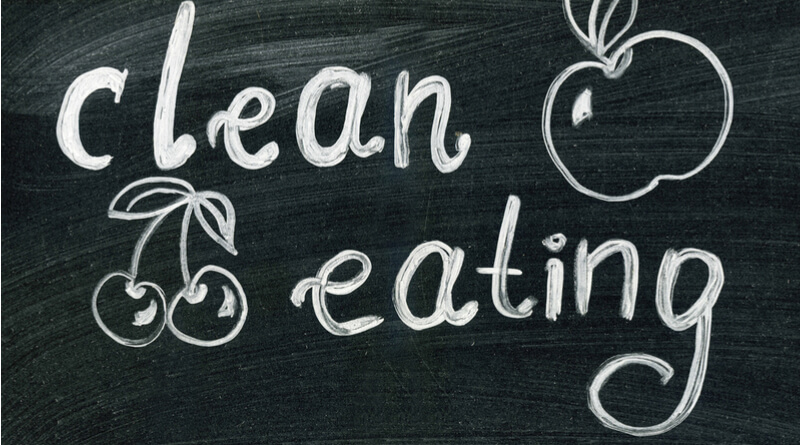You have probably heard the term “clean eating” if you’ve been paying attention to the health and wellness community at all this last decade. This term sounds pretty profound, but it is actually a pretty loose umbrella term that describes a wide variety of food eating philosophies. The truth is, that at the end of the day, “clean eating” depends on the person. You should not be simply trying to eat healthy, you should be trying to eat healthy in the proper way for yourself. That being said, as important as it is to customize any diet you have to suit your circumstances, there are still a few things every “clean eating” diet should have.
What is clean eating?
The basics of eating clean are that you should eat whole foods and avoid processed foods. The idea of clean eating is centered around consuming natural foods; the type that don’t require man made conditions to store and consume. Typically, clean foods are items such as, organic fruits, organic veggies, whole grains, healthy fats, and lean proteins. You want to avoid foods that can be considered “manmade” or “unnatural”. This includes foods like, canned meats, processed vegetables, and sugary drinks.
Can you eat processed food and still commit to “clean eating”?
Clean eating does not mean that you absolutely have to eat healthy all the time. Moderation is the key to everything. Committing to “clean eating” is about consistently making good food eating decisions. You don’t have to absolutely give up ice cream, just eat a reasonable amount of ice cream. Whatever you eat should be part of a balanced diet; that is the key to healthy living and “clean eating”. The easiest way to commit to this is to work on making food at home.








